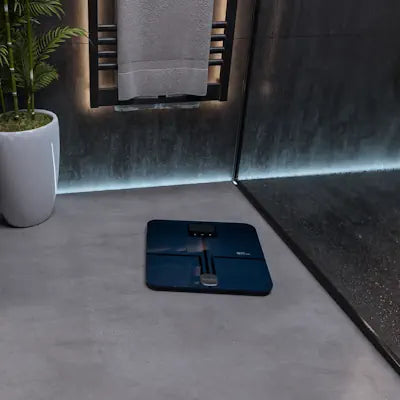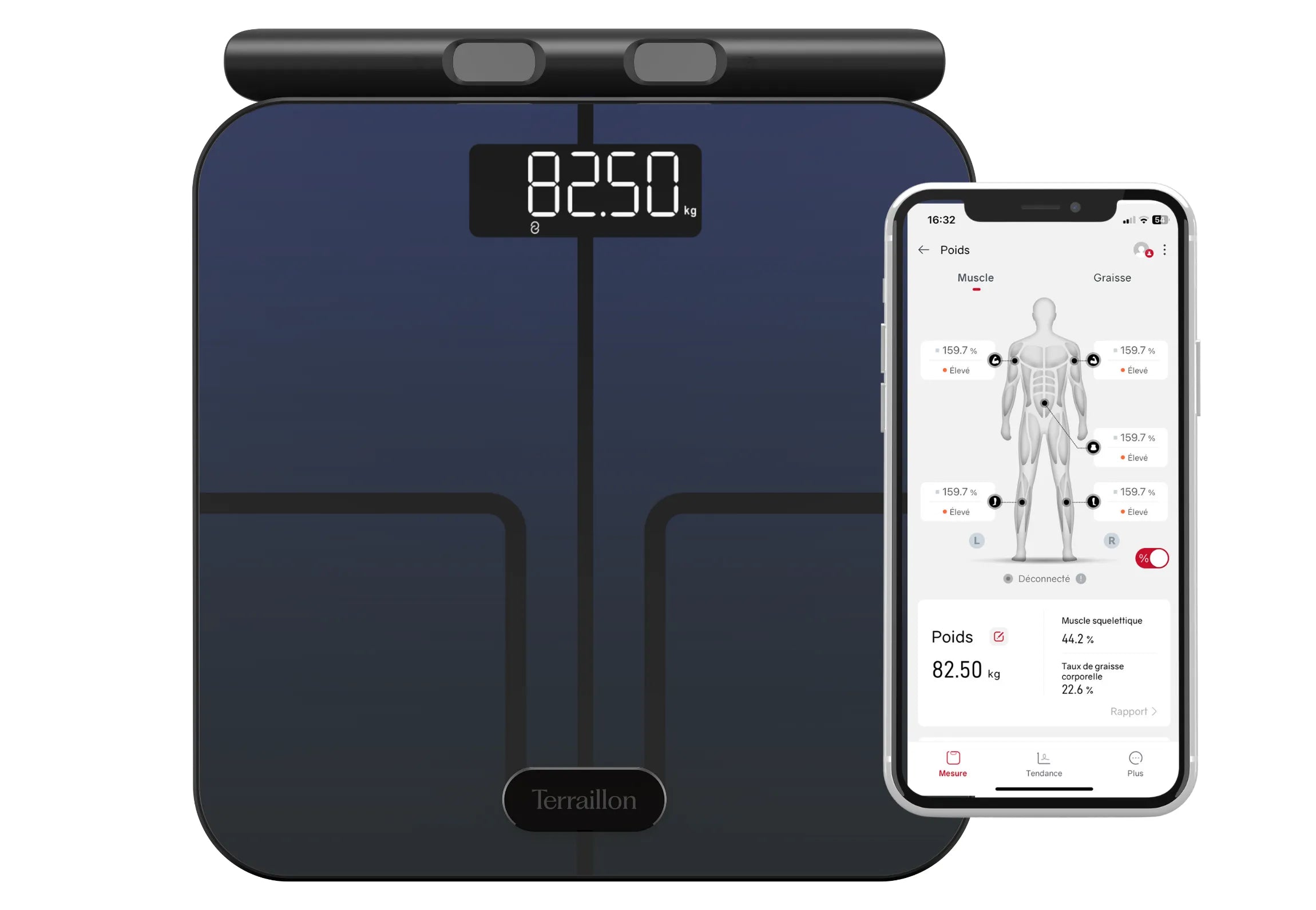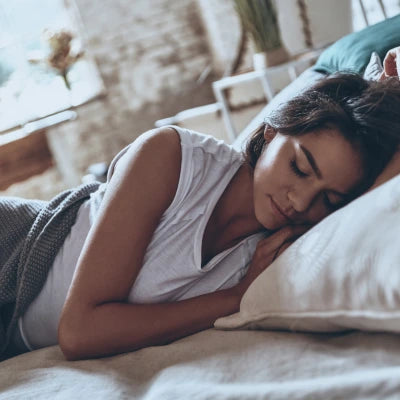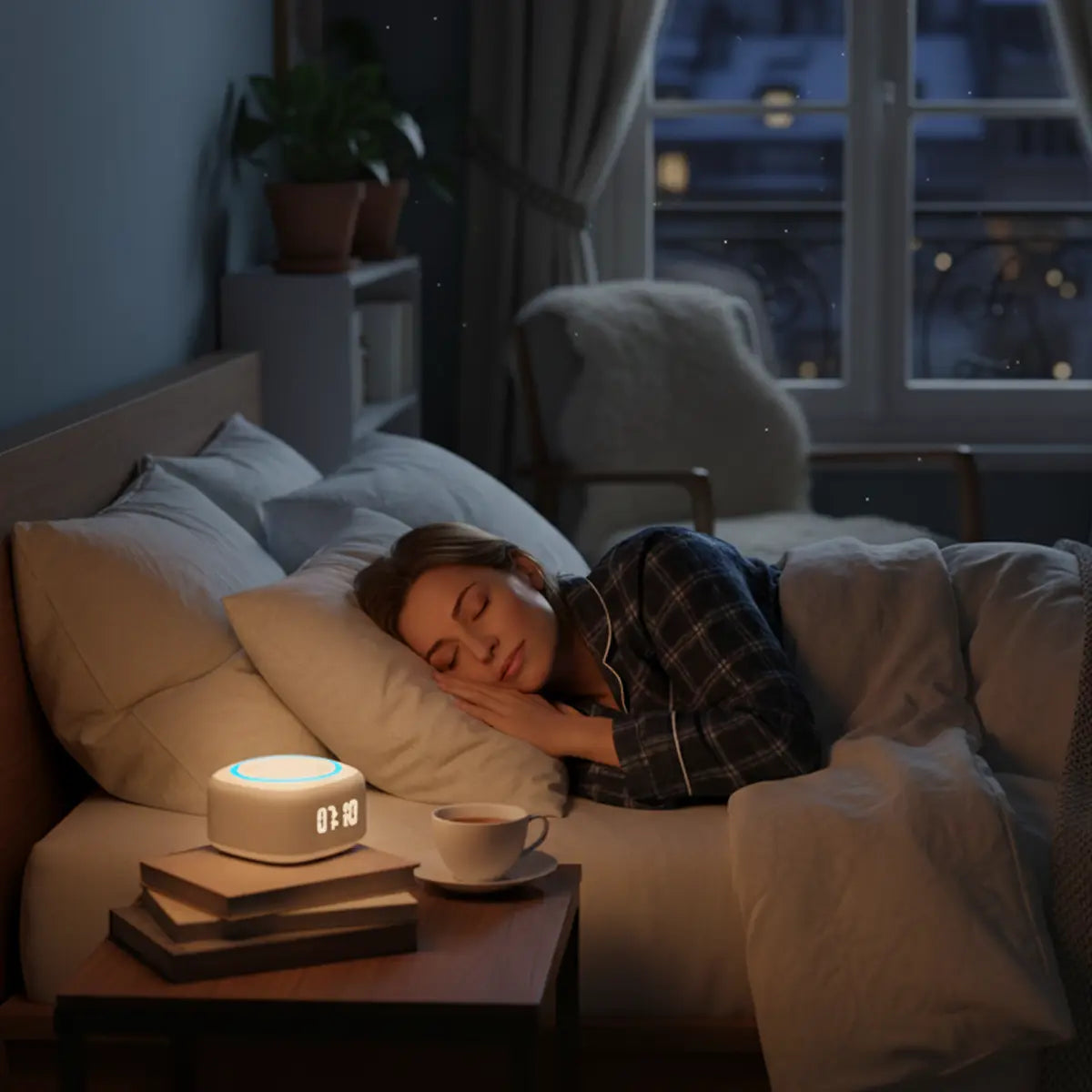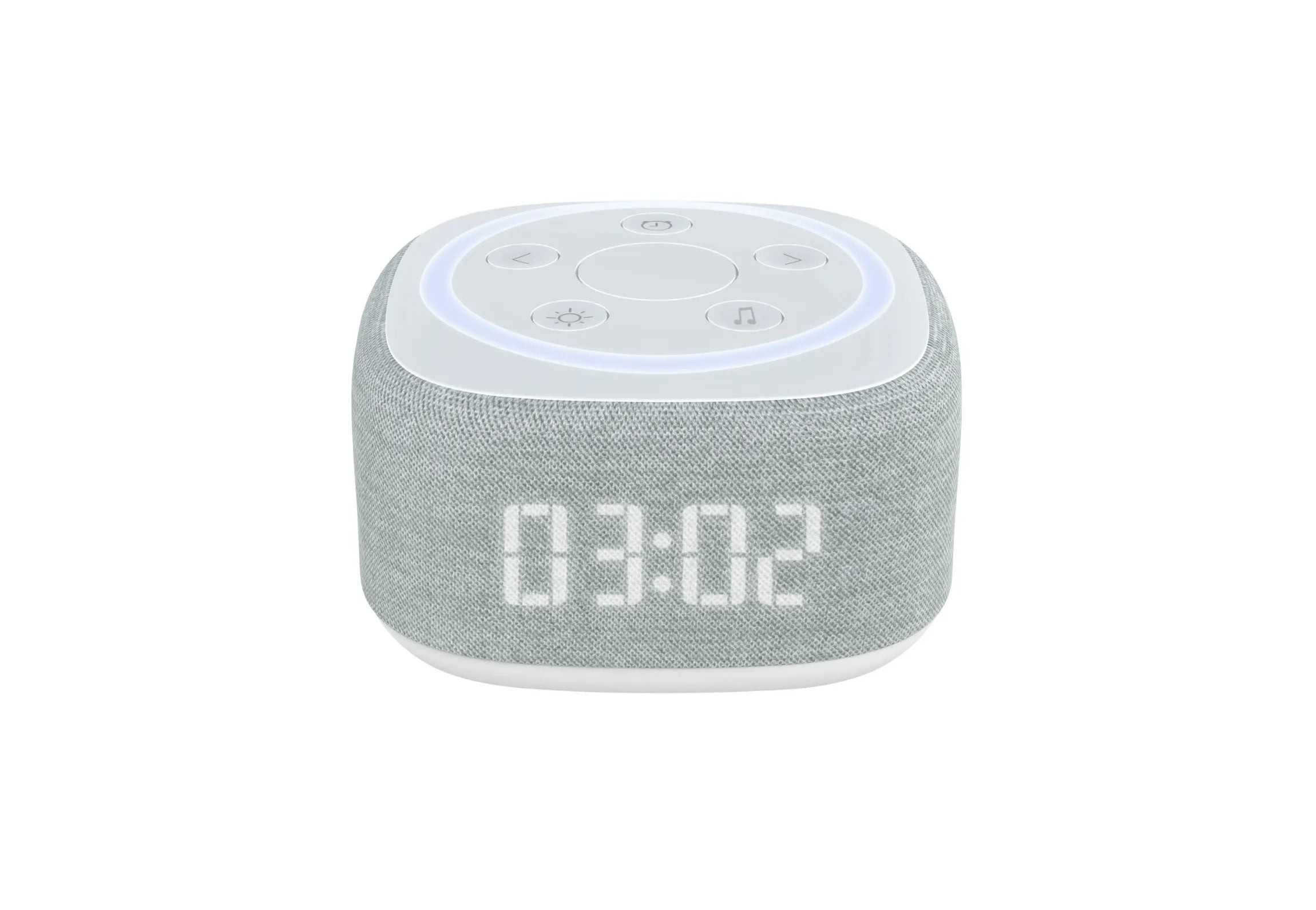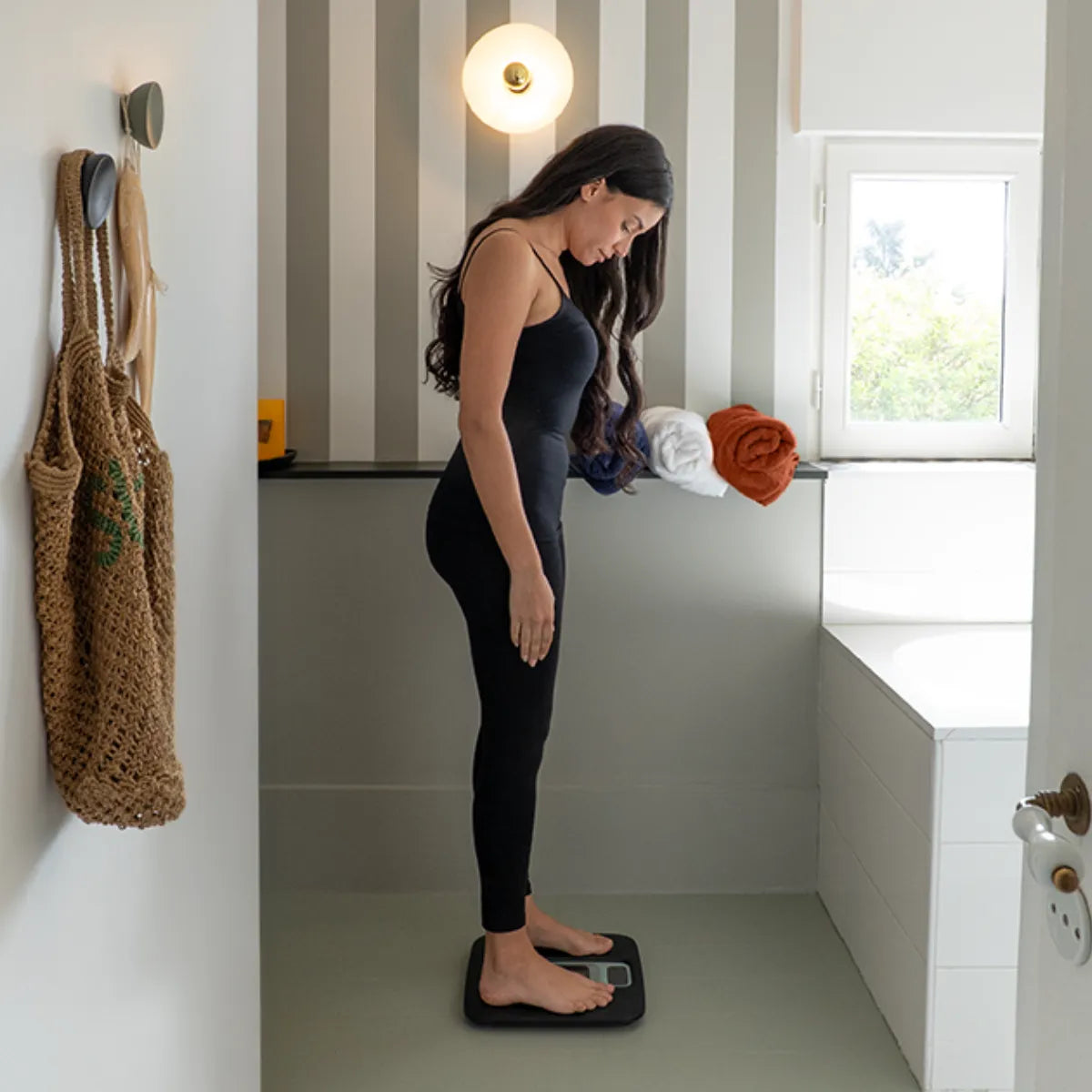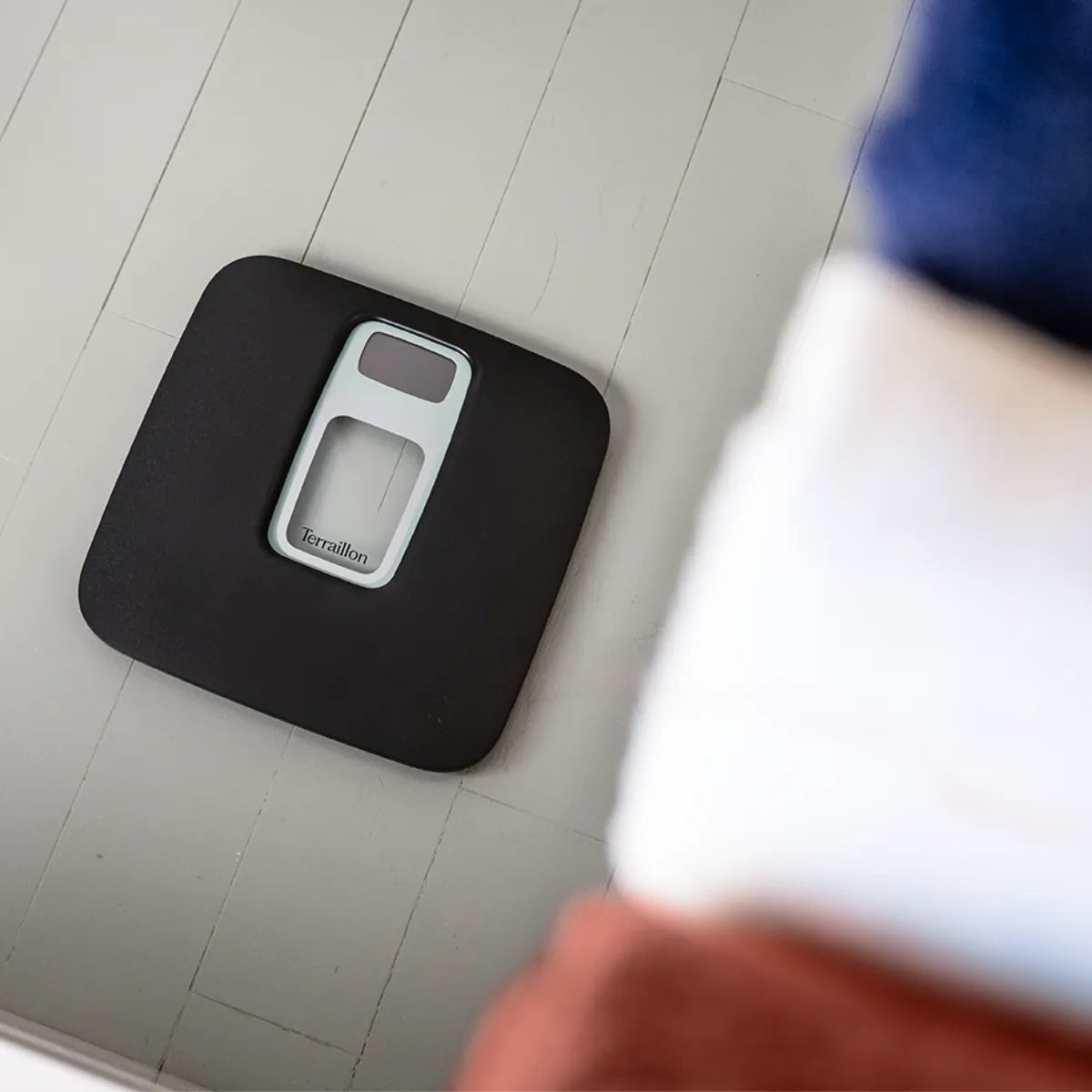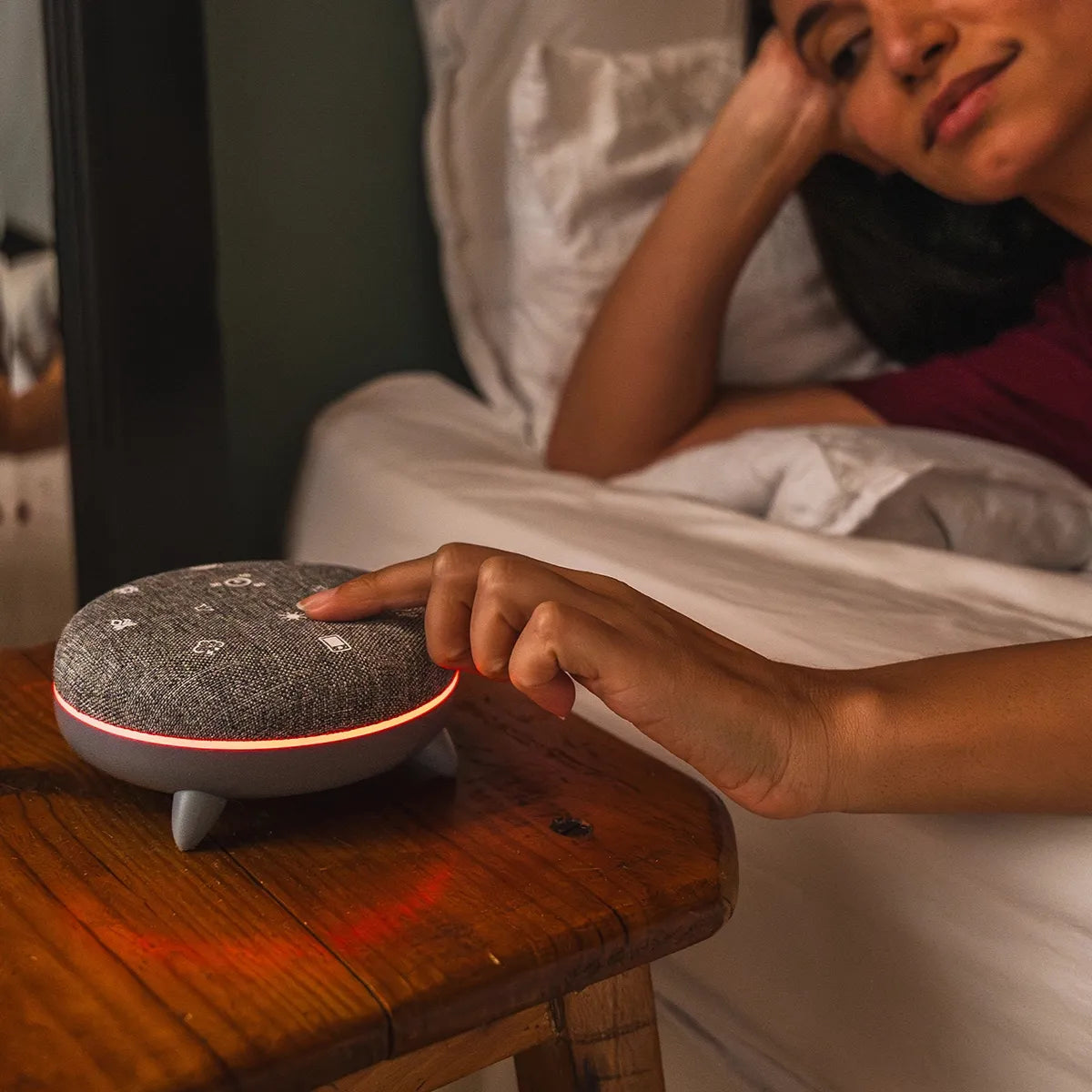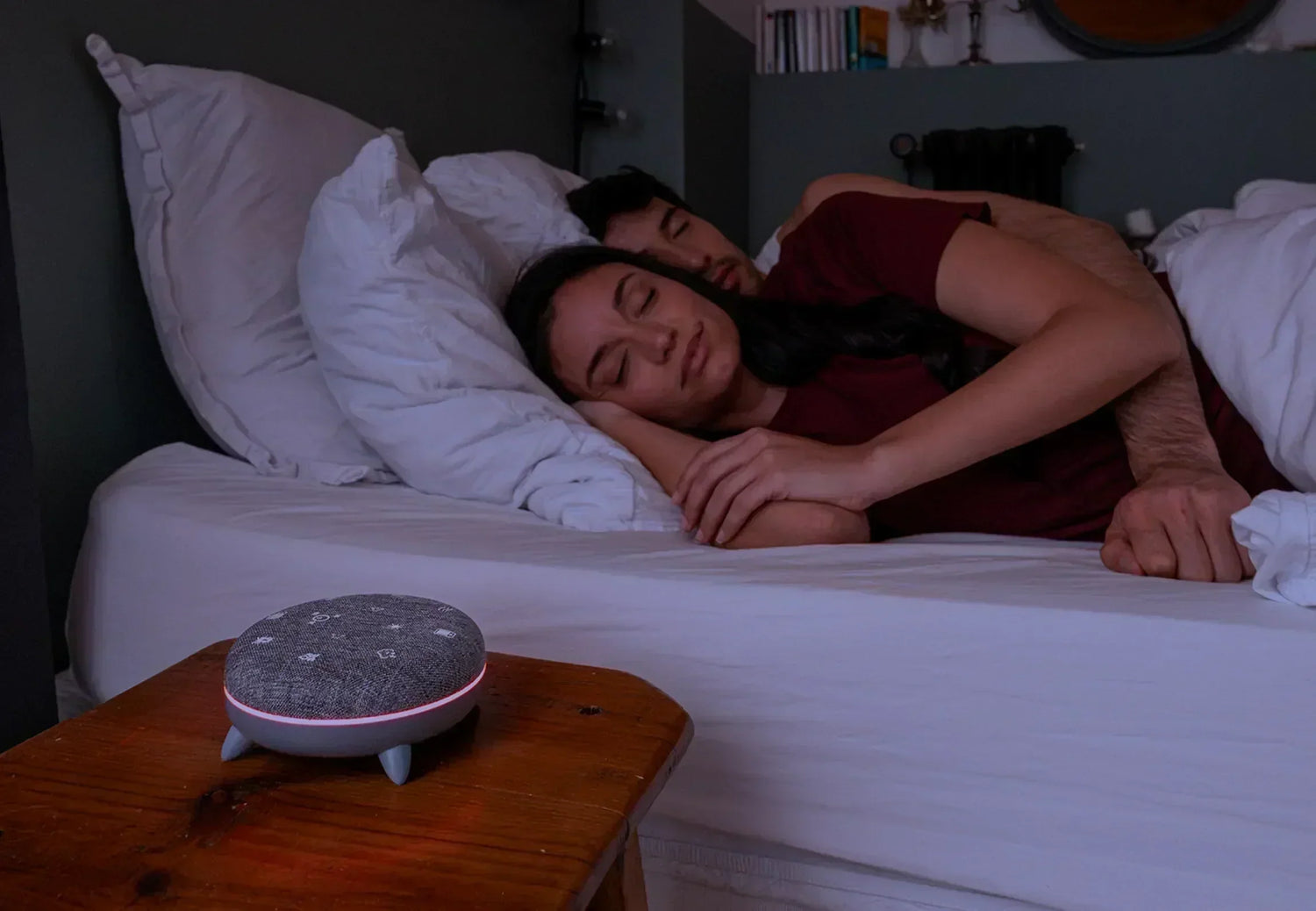Our body and our activity are governed by our biological clock, which sets the rhythm of our days.
Human beings are subject to the circadian rhythm: a biological rhythm lasting 24 hours, which defines the alternation between wakefulness and sleep.
It is our internal clock that determines this cycle, under the influence of many external factors such as social rhythms (work, rest, weekends, holidays, activities), diet, physical exercise, or environmental factors such as light or sounds.
The internal clock is a brain mechanism that we cannot consciously influence. However, we can influence environmental factors that influence its activity, particularly light.
The role of light on sleep/wakefulness alternation
Light is indeed a powerful synchronizer of our biological clock:
When we perceive daylight, our body secretes hormones and neurotransmitters that keep us awake (noradrenaline, cortisol, etc.). Our sympathetic nervous system is then stimulated: our body is in a state of alertness, and ready for physical and intellectual activity. Our heart and respiratory rates are fast and vary significantly during the day.
Conversely, normally at nightfall, our body secretes a hormone that promotes sleep: melatonin. Our parasympathetic nervous system then takes over: it is characterized by a general slowing down of the organs and promotes the body's rest. Cardiovascular and respiratory functions are spared.
However, this balance is precarious and can easily be disrupted by certain elements and habits - such as meal times, evening sports activity, or looking at screens before going to sleep - which can hinder the production of the sleep hormone.
This can result in sleep disturbances which, in the long term, can have negative or even harmful effects on health.

Sleep and health
The figures relating to sleep disorders have been steadily increasing for several years. In 2019, almost half of French people reported suffering from sleep disorders. Studies also reveal a reduction in sleep duration to an average of 6 hours and 42 minutes per week 1 , while the recommended sleep time for good health is 7 to 9 hours per night 2 .
However, lack of sleep presents health risks, more or less harmful. For example, sleep influences weight gain. When we sleep well, we secrete a hormone that promotes the feeling of satiety: leptin. Conversely, when we sleep badly or not enough, our body produces ghrelin, a hormone that increases hunger.
But lack of sleep can have more harmful effects such as obesity, hypertension, an increase in cardiovascular accidents, or type 2 diabetes.

Terraillon and sleep
Based on this observation and working on a Better Sleep axis, Terraillon has developed several sleep aids such as Aloha, Zen Box, Zen Box Meditation or Zen Box Kid for children, aimed at understanding and improving your sleep and the time it takes to fall asleep. Our sleep products are developed in collaboration with the European Sleep Center to ensure you fall asleep quickly and naturally every day.
We rely mainly on light therapy because light is a powerful regulator of our biological clock, and therefore of our sleep. In addition, our products use red light because unlike other colors (and especially blue light), it is the only color that does not block the secretion of melatonin, a hormone that promotes sleep.


